Description
Black and White Kingfisher. by John George Wood printed on a Sweatshirt
About the Sweatshirt
Regular fit
Standard length, the fabric easily gives into movement
Comfortable
The fabric and fit of this item are extra comfy
Tear-away tag
Easily removable tear-away tag that allows you to add a custom inside label
This Unisex Premium Sweatshirt has a classic crew neck, flattering unisex fit, and soft 100% cotton exterior.
- 100% cotton face
- 65% cotton, 35% polyester
- Charcoal Heather is 55% cotton, 45% polyester
- Fabric weight: 8.5 oz./yd.² (288.2 g/m²)
- Tightly knit 3-end fleece
- Side-seamed construction
- Self-fabric patch on the back
- Double-needle stitched rib collar, cuffs, and hem
- Tear-away label
John George Wood (1827 – 1889)
John George Wood, or Rev J. G. Wood, was an English writer who popularised natural history with his writings.
John George Wood was born in London, son of the surgeon John Freeman Wood and his German-born wife Juliana Lisetta Arntz. His parents moved with him to Oxford the following year, and he was educated at home, at Ashbourne Grammar School and Merton College, Oxford (B.A., 1848, M.A., 1851), and then at Christ Church, where he worked for some time in the anatomical museum under Sir Henry Acland. In 1852 he became curate of the parish of St Thomas the Martyr, Oxford, and in 1854 was ordained priest; he also took up the post of chaplain to the Boatmen’s Floating Chapel at Oxford. Among other benefices which he held, he was for a time chaplain to St. Bartholomew’s Hospital. In 1878 Wood settled in Upper Norwood, where he lived until his death.
In 1854, Wood gave up his curacy to devote himself to writing on natural history, becoming a well-known parson-naturalist of the Victorian era. However, he continued to take on priestly work, as in 1858 he accepted a readership at Christ Church, Newgate Street, and was assistant-chaplain to St Bartholomew’s Hospital, London, from 1856 until 1862. Between 1868 and 1876 he was precentor to the Canterbury Diocesan Choral Union.
After 1876 he devoted himself to the production of books and lecturing on zoology, which he illustrated by drawing on a black-board or on large sheets of white paper with coloured crayons. These “sketch lectures,” as he called them, were very popular, and made his name widely known both in Great Britain and in the United States.
Wood gave occasional lectures from 1856. In 1879, however, he began lecturing as a second profession, and continued to lecture steadily until 1888 in the United Kingdom and elsewhere. He delivered the Lowell Lectures in Boston, Massachusetts, in 1883-4.
Wood was a prolific and successful natural history writer, though rather as a populariser than as a scientist. For example, his book Common objects of the country sold 100,000 copies in a week. Among his works are Common Objects of the Microscope; Illustrated Natural History (1853); Animal Traits and Characteristics (1860); Common Objects of the Sea Shore (1857); The Uncivilized Races, or Natural History of Man (1868) (to which Mark Twain refers in his humorous work Roughing It); Out of Doors (1874) (a book that was quoted by Sir Arthur Conan Doyle in his Sherlock Holmes story “The Adventure of the Lion’s Mane”); Field Naturalist’s Handbook (with T. Wood) (1879–80); books on gymnastics and sport; and an edition of Gilbert White’s Natural History of Selborne. He also edited The Boys Own Magazine.
Wood died at Coventry on 3 March 1889.

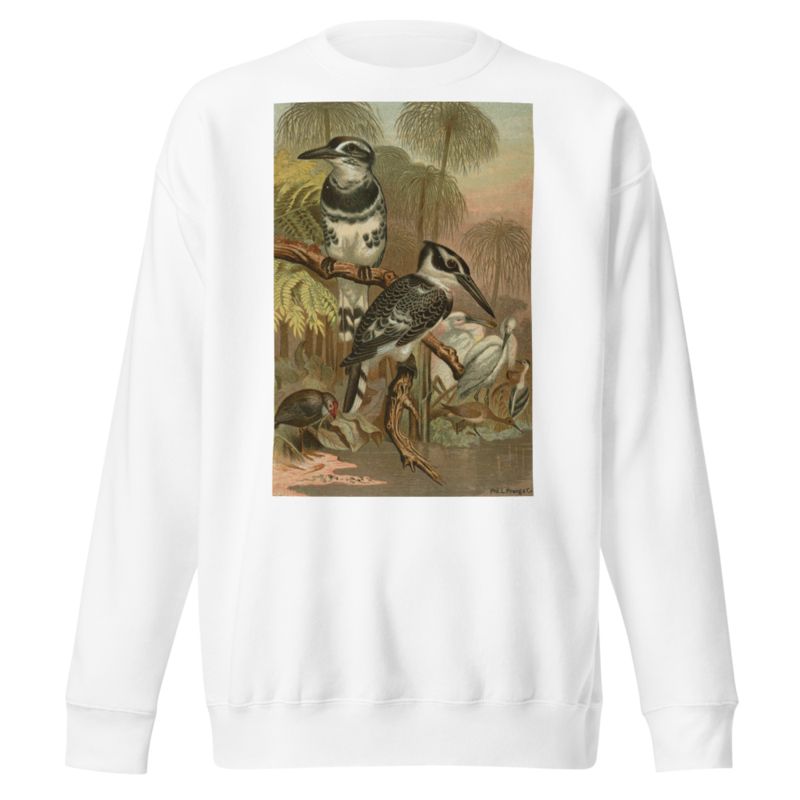
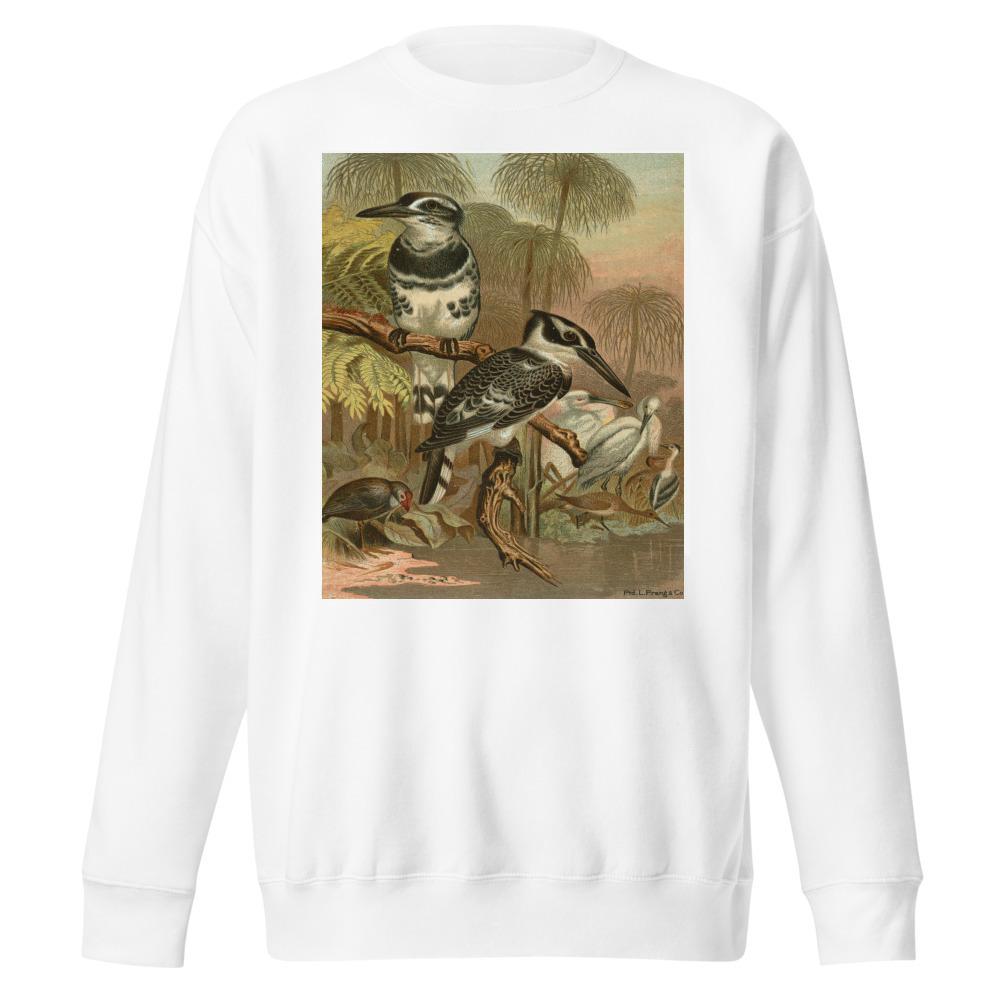
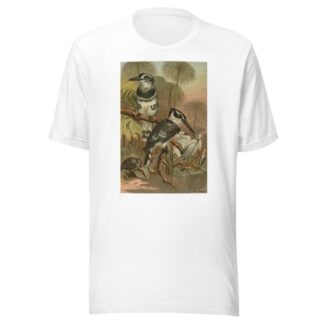
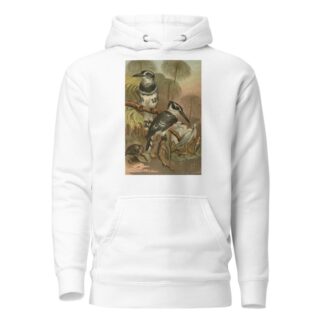
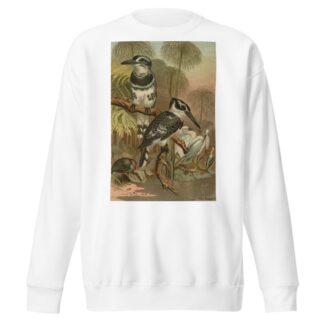
Reviews
There are no reviews yet.